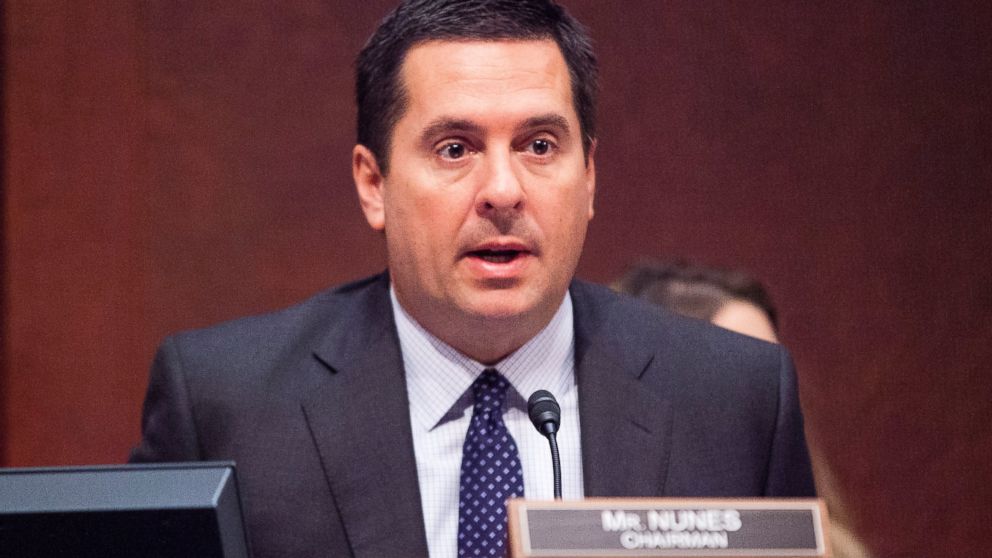Congress to Investigate Report That US Spied on Lawmakers

— -- The House Permanent Select Committee on Intelligence has opened an investigation into U.S. surveillance practices following a report in the Wall Street Journal earlier this week that the National Security Agency (NSA), an intelligence agency in the executive branch, may have intentionally swept up communications between U.S. lawmakers and Israeli officials.
“The House Intelligence Committee is looking into allegations in The Wall Street Journal regarding possible Intelligence Community (IC) collection of communications between Israeli government officials and members of Congress,” House Intelligence Committee Chairman Devin Nunes (R-CA) said in a statement.
“The Committee has requested additional information from the IC to determine which, if any, of these allegations are true, and whether the IC followed all applicable laws, rules, and procedures," the statement said.
The paper reported Tuesday that the NSA continued to monitor certain world leaders, including Turkish President Recep Tayyip Erdogan and Israeli Prime Minister Benjamin Netanyahu despite President Obama’s 2014 promise to scale back surveillance of world leaders. The NSA also collected communications between Israeli officials and U.S. lawmakers and American-Jewish groups, according to The Journal.
The communications gave White House officials insight into Netanyahu’s campaign against the pending Iran nuclear deal, the paper reported, as Israeli officials coordinated messaging with American-Jewish groups and lobbied lawmakers to oppose the deal.
Per NSA rules, lawmakers’ names and personal information in intelligence reports on the intercepted communications were removed, the report said, before communications were passed along to senior U.S. officials.
However, the Journal reports that the White House was “caught off guard when (former House Speaker John Boehner) announced the invitation” in January of this year extended to Netanyahu to address a joint meeting of Congress. According to the Journal, administration and intelligence officials soon discovered that the NSA was intercepting conversations between U.S. lawmakers and Israeli officials. Netanyahu waged a public campaign against the Iran nuclear agreement, including his address to Congress on March 3.
The NSA operates under the authority of the Department of Defense. Its activities are governed by the Constitution, federal law and Executive Branch rules and orders. In addition, it is monitored by a number of outside bodies, including House and Senate committees, the Director of National Intelligence and the Department of Justice.
In a statement, Senate Intelligence Committee Chairman Richard Burr (R-NC) promised "vigorous oversight" of intelligence community activities.
"Allegations of wrongdoing, whether brought forward by whistleblowers, media reporting, executive branch notification, or through the work of the committee's professional staff, are always taken seriously by this committee," he said in a statement provided to ABC News.
The NSA referred questions about the spying allegations to the White House National Security Council. An NSC spokesman did not confirm or deny the existence of the spying operation.
"We do not conduct any foreign intelligence surveillance activities unless there is a specific and validated national security purpose. This applies to ordinary citizens and world leaders alike,” the spokesman said in a statement.
Sen. Marco Rubio (R-FL) said in an interview with Fox News Wednesday that he was concerned by the report.
Rep. Eliot Engel (D-NY), the ranking member on the House Foreign Affairs Committee and one of two-dozen House Democrats to oppose the Iran deal, called it "much to do about nothing."
"It's well known the countries spy on other countries," said Engel. "I don't think this shocks anybody."
Engel said it is important for Congress to conduct oversight of U.S. intelligence gathering.